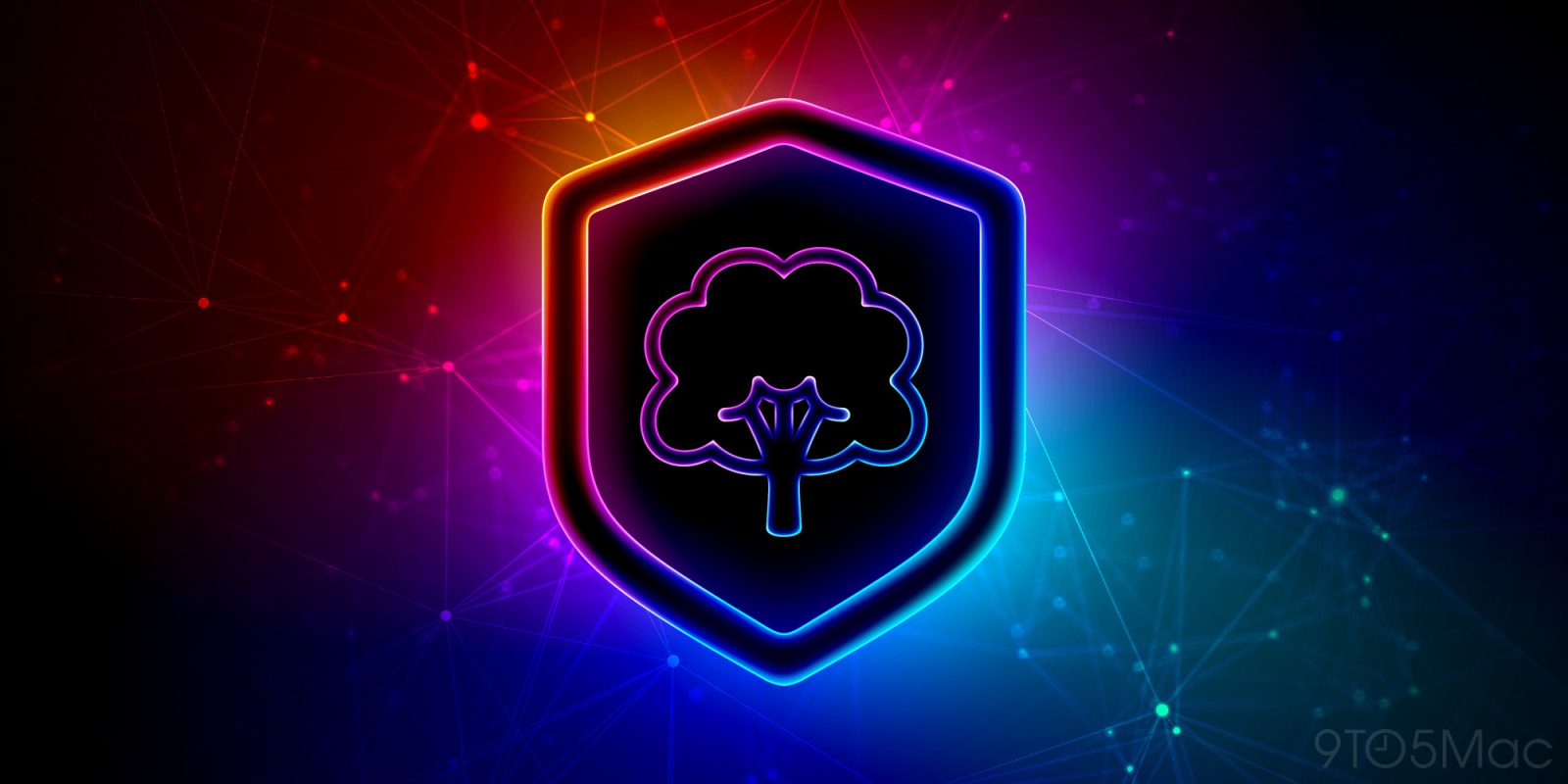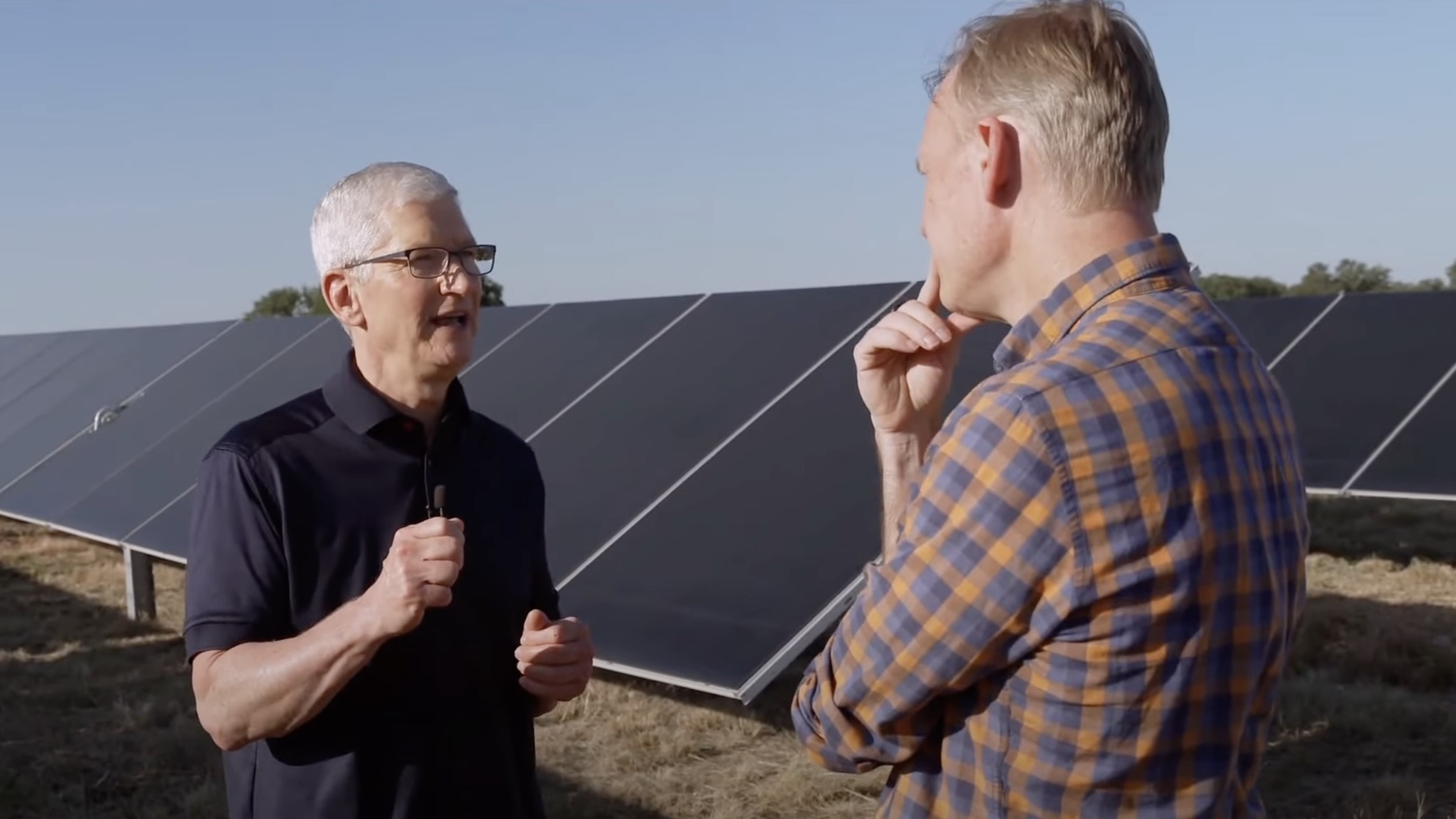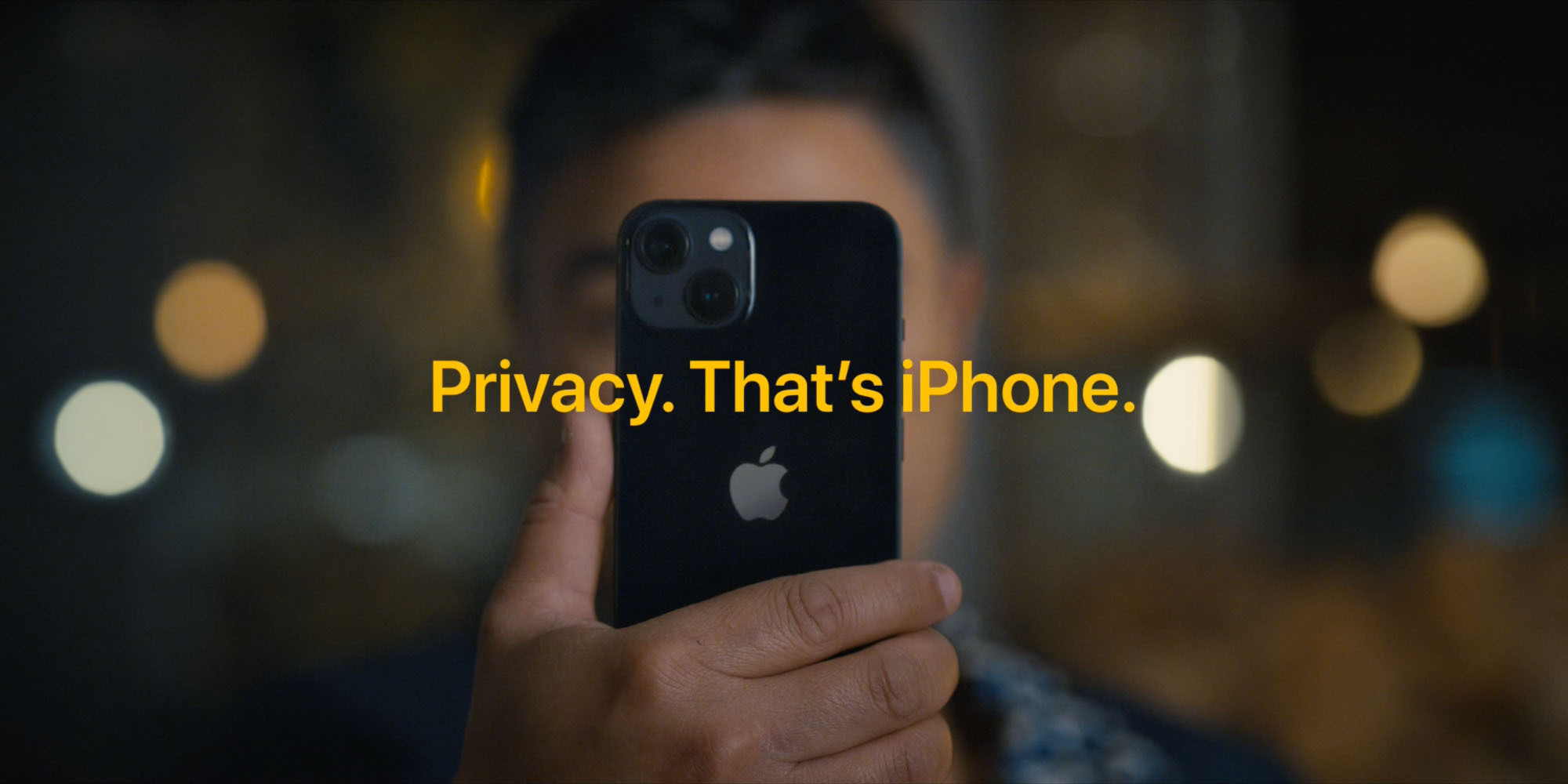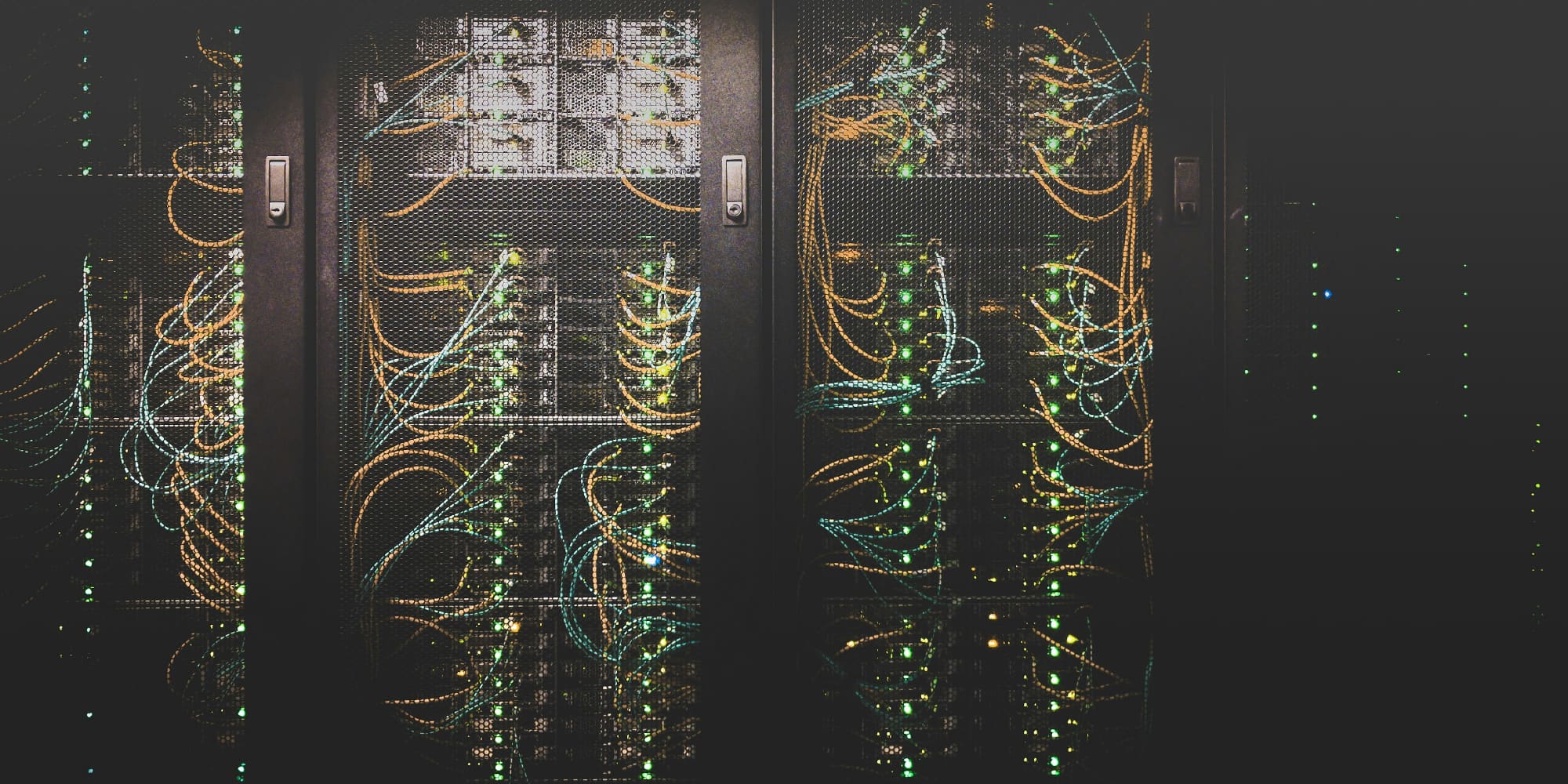
Apple is set to unveil a host of AI-centric updates in iOS 18 and its other software platforms this Monday at WWDC.
Much of what the company will announce is playing catch-up to its competitors, though at a scale and accessibility that’s hard to match. However, where the company is especially poised to make an AI splash is in its differentiated approach.
Unlike its competitors, Apple has strengths in two areas that are currently PR headaches for AI: privacy and the environment.
Here’s what that means for its AI reveals at WWDC.
Making AI’s problem areas into Apple’s advantage

Expect Apple to tout a unique approach to AI at WWDC. Even if the company is largely just playing catch-up with its AI features, it will differentiate itself by emphasizing that two of its major values have not been compromised in the process. Rather, they are core to everything it’s doing.
Apple’s AI implementation will involve running the majority of AI processing entirely on-device. In other words, your iPhone 15 Pro will perform those AI functions without needing to send your data elsewhere.
This means two key things:
- Your data is more private and secure than if it was sent to the cloud
- The environmental impact of these AI features will be minimal
Apple can take this approach with AI because its chips are extremely powerful, and also deeply integrated with the software they run.
This two-fold differentiation of Apple’s AI approach leverages the company’s existing strengths and mitigates AI’s weaknesses.
Apple’s strengths: privacy and the environment

Anyone who has followed Apple for long will know that the company likes to tout its privacy and environmental values far more than any competitors.
On the privacy front, Apple has for years made privacy a focus of its marketing. Nearly every year there’s a new iPhone ad that emphasizes this privacy angle.
It’s not just marketing. The company has long built its hardware and software in such a way that prioritizes keeping user data safe and secure. Apple’s main business is selling iPhones, not ads, so it naturally has fewer incentives to sell your data than a company like Google.
Similarly, Apple has made environmental impact a core consideration in its business practices. It is working aggressively to bring company-wide carbon emissions to net zero by 2030.
Every time a new product is announced, Apple makes a point to highlight its environmental impact. Last year’s Apple Watch, for example, is the first Apple product to go fully carbon neutral.
Apple’s strengths are a perfect match for some of AI’s chief PR issues.
AI’s weaknesses: privacy and the environment

Just this week, Microsoft’s impressive AI-powered Recall feature in Windows was exposed as a security disaster. With most companies doing AI work today, transparency and clarity around how their AI features will safeguard user privacy are sorely lacking.
AI also has a reputation issue when it comes to the environment. Here’s Alokya Kanungo, writing for Earth.org:
As datasets and models become more complex, the energy needed to train and run AI models becomes enormous. This increase in energy use directly affects greenhouse gas emissions, aggravating climate change. According to OpenAI researchers, since 2012, the amount of computing power required to train cutting-edge AI models has doubled every 3.4 months. By 2040, it is expected that the emissions from the Information and Communications Technology (ICT) industry as a whole will reach 14% of the global emissions
Up until today, both AI’s privacy and environmental issues have generally been seen as necessary evils in society. Unfortunate, but worth the trade-offs this new technology provides.
Expect Apple to highlight again and again how it doesn’t have to be this way. Its AI approach will be different.
Will Apple’s AI change the world?
Is Apple going to announce AI features Monday that are revolutionary, game-changing, things that no one has seen before? Maybe, but probably not. AI is arguably a fresh priority for the company, after all.
However, with everything it does announce, I expect to hear privacy and environmental narratives repeated ad nauseam. These are areas primed for Apple to “think different,” and I hope they set a new standard for the AI industry to follow.
Add 9to5Mac to your Google News feed.
FTC: We use income earning auto affiliate links. More.






